Whether you are a seasoned gardener or a beginner, having essential gardening tips for all seasons can help you create a thriving and beautiful garden year-round.
From spring planting to winter care and maintenance, this article provides valuable advice and techniques to maximize the health and growth of your plants in every season.
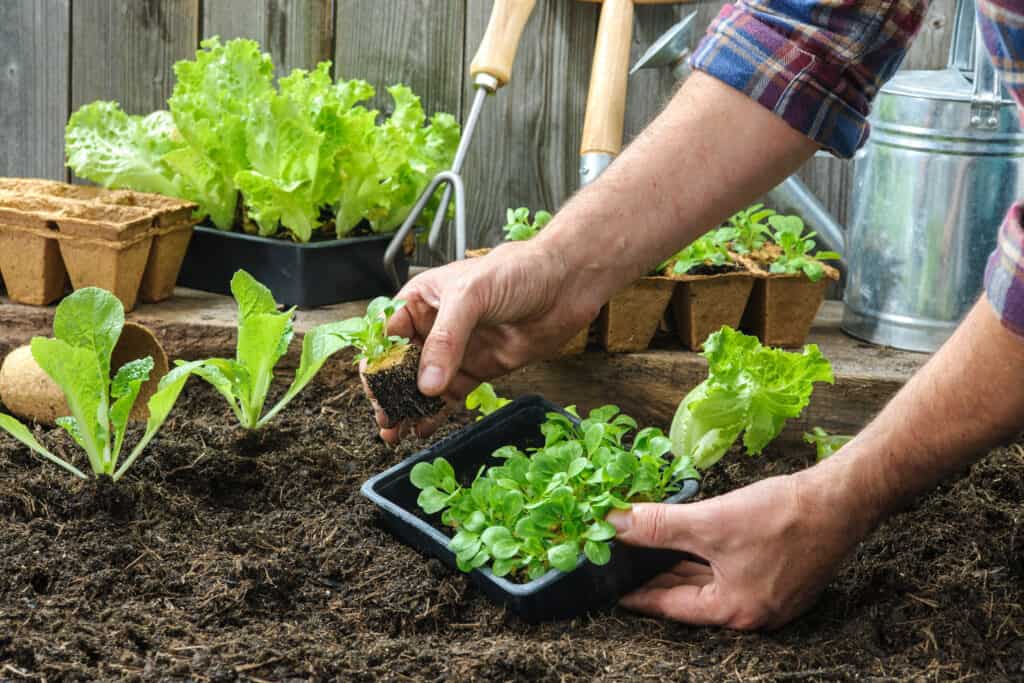
Key Takeaways
- Acclimatize your plants before planting in spring for better growth and health.
- Water deeply and regularly in the summer to prevent shallow root systems.
- Plan and prepare for fall gardening by cleaning and nourishing the soil and planting cold-tolerant vegetables.
- Take measures to protect your plants during winter, such as providing coverings and addressing pests and diseases.
- Maximize soil health with regular testing, composting, mulching, and crop rotation to promote plant growth and prevent pests and diseases.
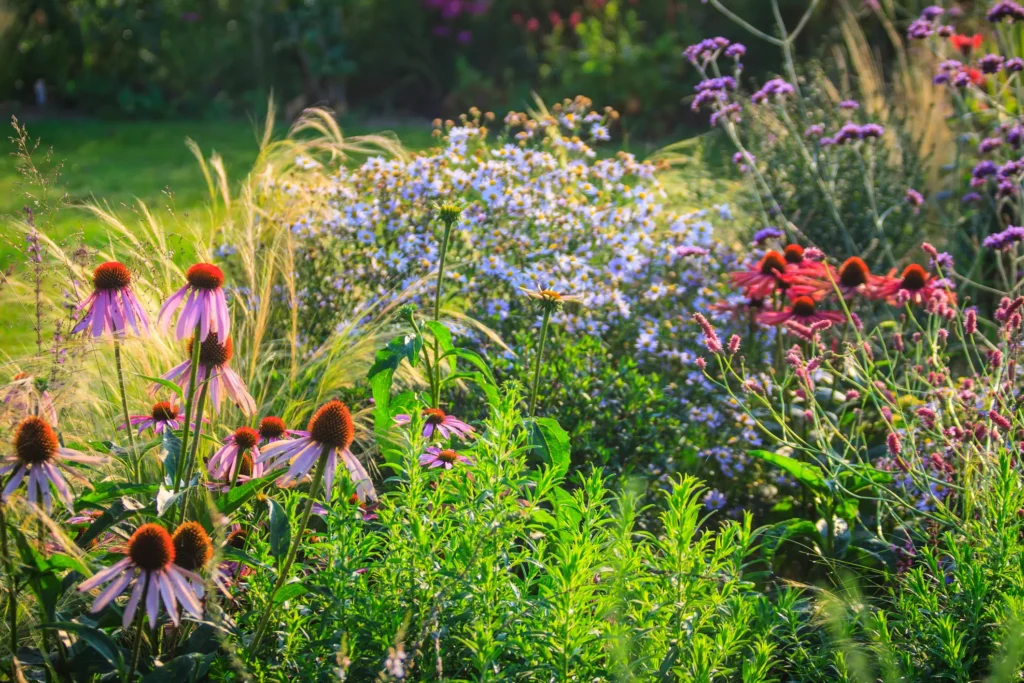
Spring Planting Tips
Before the frost-free date, acclimatize your hardy perennials and plant potted perennials and outdoor-grown trees and shrubs for successful spring planting.
This is an important step to ensure the health and growth of your plants. They’ll have a better chance of thriving in the spring if you allow them to adjust to the outdoor conditions gradually.
Make sure to choose the right location for your plants, considering factors such as sunlight, soil type, and drainage. Prepare your garden beds by removing debris, pulling up weeds, and nourishing the soil with compost and water.
After the frost-free date, you can start seeding and transplanting annuals and vegetable plants. Remember to divide perennial plants and plant summer blooming bulbs.
Following these steps will help you create a beautiful and vibrant garden in the spring.
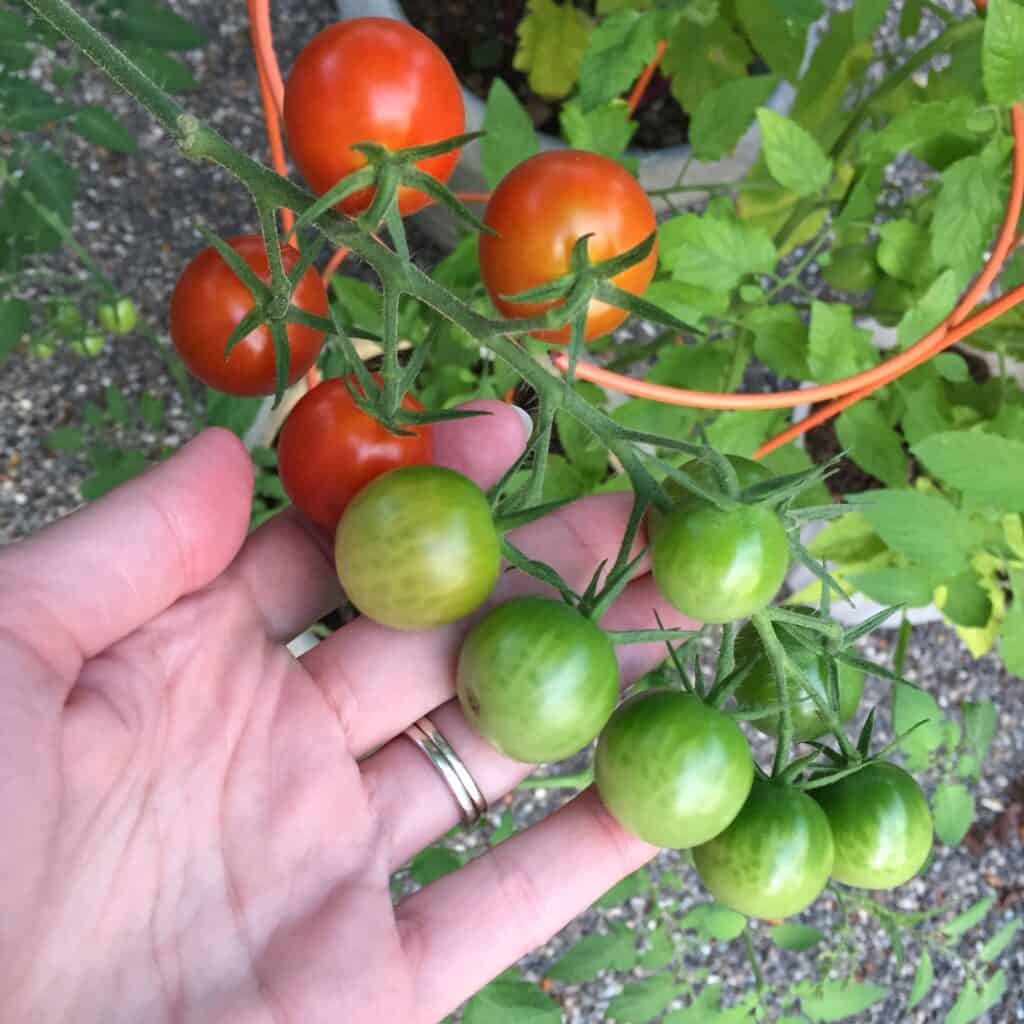
Summer Gardening Advice
Water deeply and regularly throughout the summer to ensure your plants thrive in the heat. The summer months can be tough on your garden, but with a little extra care, your plants can continue to flourish.
When watering, make sure to give your plants a good soak, allowing the water to penetrate deeply into the soil. This helps to encourage strong root growth and prevents shallow root systems. Regular watering is important, especially in hot and dry conditions, as the soil tends to dry out quickly.
Consider using mulch to retain moisture and reduce evaporation. Additionally, keep an eye out for pests and diseases, as they can quickly damage your plants. By staying vigilant and taking preventive measures, you can ensure a healthy and thriving garden throughout the summer season.
You can also plant drought-tolerant plants. Summer might be the best time to start your elephant bush care and other succulent planting ideas as these thrive in the summer heat.

Fall Gardening Techniques
Make sure to plan for early spring blooms and plant trees and shrubs before the soil becomes too hard or waterlogged, so your fall garden can thrive.
Here are four essential fall gardening techniques to help you create a vibrant and successful garden:
1. Prepare Your Garden Beds
Remove debris, pull up weeds, and add organic compost and water to nourish the soil. This will provide a healthy foundation for your plants to grow.
2. Plant Cold-Tolerant Vegetables
Take advantage of the fall ground conditions by planting leafy greens and other cold-tolerant vegetables. These plants can withstand cooler temperatures and will provide you with fresh produce throughout the season.
3. Protect Existing Plants
Prepare dormant plants for winter by pruning and providing necessary protection. This will ensure their survival and promote better growth in the spring.
4. Mulching
Apply mulch to insulate plants and protect roots from freezing temperatures. Mulch also helps retain moisture in the soil, reducing the need for frequent watering.
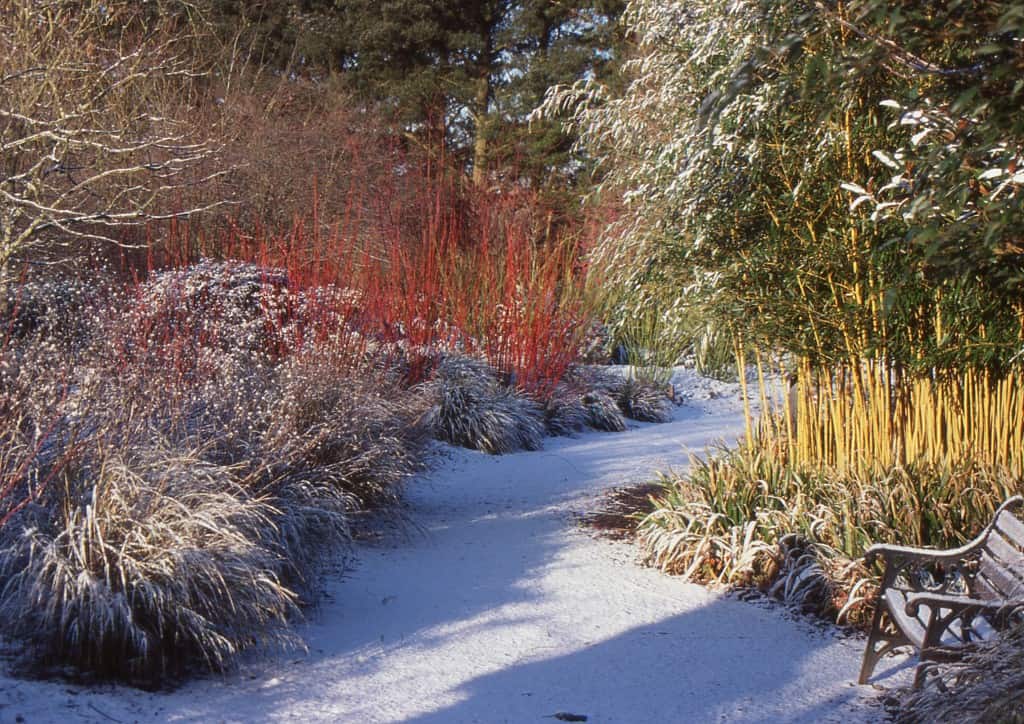
Winter Care and Maintenance
Winter care and maintenance are essential for ensuring the health and survival of your plants during this challenging season. Take time to assess the condition of your dormant plants and, if necessary, provide protective coverings or structures to shield them from harsh winter conditions.
Start by managing the soil temperature to protect plants from freezing. Consider using mulch to create a protective layer and prevent soil shifting. Be mindful of snow piles and avoid placing them on top of your plants, as this can cause branch damage.
Regularly inspect your plants for any signs of disease or pest infestations, and address any concerns promptly for better spring growth.
Use the winter months to plan and prepare for the upcoming spring gardening season, and consider indoor gardening or growing plants in containers to continue enjoying your love for gardening during the winter.
Maximizing Soil Health in All Seasons
You should regularly amend your soil with compost and organic matter to enhance its health and fertility throughout all seasons.
Here are some essential gardening tips for maximizing soil health in all seasons:
- Test your soil: Conduct a soil test to determine its pH level and nutrient deficiencies. This will help you understand what amendments are needed for optimal plant growth.
- Add compost: Incorporate compost into your soil to improve its structure, water-holding capacity, and nutrient content. Compost will also introduce beneficial microorganisms that promote soil health.
- Mulch your beds: Apply a layer of organic mulch, such as wood chips or straw, around your plants. Mulch helps retain moisture, suppresses weeds, and gradually breaks down to enrich the soil.
- Rotate your crops: Practice crop rotation to prevent the buildup of pests and diseases in the soil. By rotating different plant families in your garden beds each year, you can maintain soil fertility and minimize plant stress.
Pest and Disease Prevention Throughout the Year
Pests and diseases can quickly spread and damage your plants, so it’s important to stay vigilant.
Keep an eye out for any signs of infestation, such as chewed leaves or wilting plants, and take immediate action. This can include removing affected plants, using mild organic pest control methods, or consulting with professionals.
If you are struggling to contain an infestation or see any signs of this, then it is a good idea to source a reputable pest control expert for guidance and to deal with the problem such as those at Aptive Pest Control, as they can help with a variety of outdoor pest concerns, including wasps, slugs, and aphids.
Additionally, practicing good garden hygiene, such as cleaning up fallen leaves and debris, can help prevent the buildup of pests and diseases. If you have unique pest problems like scorpions, consider contacting experts like those at Responsible Pest & Scorpion Control to help deal with these unwanted intruders.
Conclusion
Gardening requires year-round planning and attention to ensure the health and vitality of your plants. From the first buds of spring to the snowy landscapes of winter, your garden can be a source of joy and beauty with proper care and maintenance.
So, grab your gardening tools, put on your gloves, and get ready to transform your outdoor space into a blossoming oasis of color and life. Let nature be your guide, and watch as your garden thrives and blooms throughout the year.


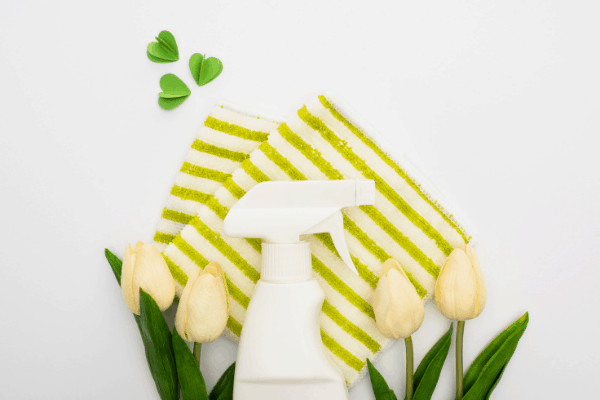
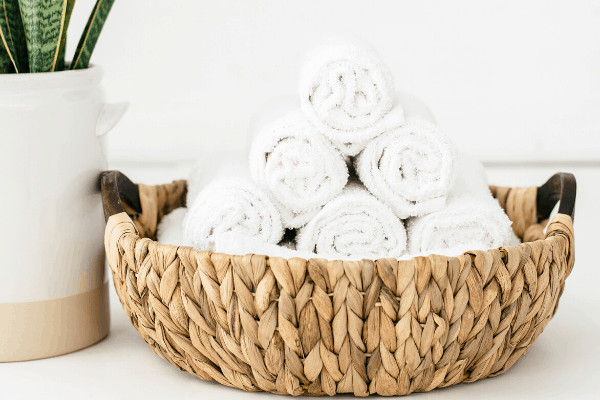

Some good tips. I love to garden. Both flowers and vegetables.
I will keep these tips in mind if I ever try to grow stuff again. I am pretty awful at it.
I love gardening. I wish I could do it all year round where I live. Such great tips you have here too.
I love gardening. But where I live it’s too cold to do it after fall. Thank you for the great tips!
Gardening is for sure a challenge and my husband and I have learned a lot after planting in Northeast PA. The deer are brutal for sure and I had a few plants completely devoured by them (even ones that were stated as being deer resistant) but we have success with a few varieties and have focused on planting those. We also had to fence in a section for flowers and such but even so….. it was all worth it each and every time I pull up to the house and love how the garden looks 😉
Fantastic read! These gardening tips have transformed my garden into a year-round paradise. Thanks for the great advice!
These are great tips for gardening according to the seasons!
What a really nice and great tips you have here! I really love gardening and this is really perfect